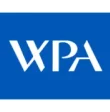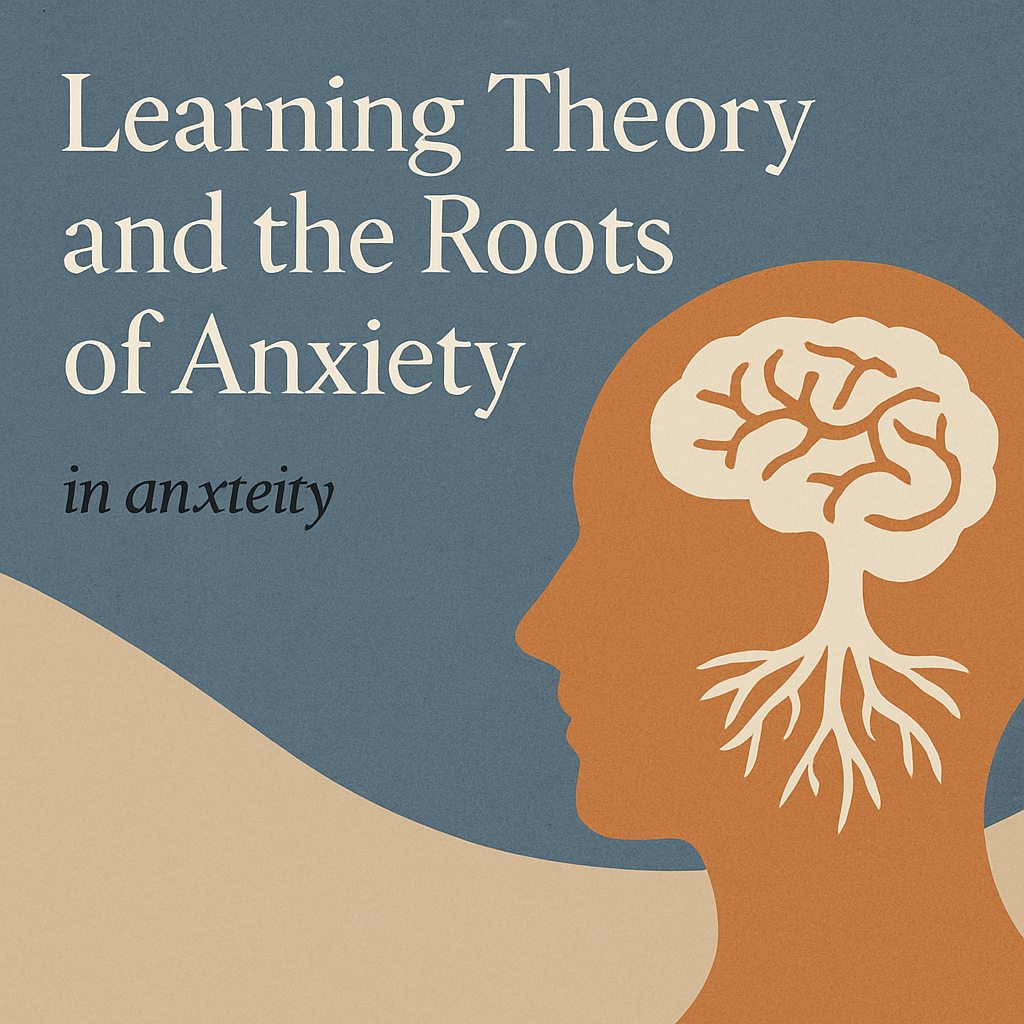Be Heard, Gain Insight, and Change
Anxiety, addiction and relationship specialist in Crouch End and Muswell Hill
Accredited counsellor and psychotherapist with 18 years of experience
Are you struggling with anxiety, addiction, or relationship issues?
I’m Andrew Martin, a counsellor and psychotherapist based in Crouch End (N8) and Muswell Hill (N10), North London. I specialise in helping people with anxiety disorders such as social anxiety, OCD, health anxiety, generalised anxiety disorder, and other forms of persistent worry and fear. I also work extensively with addiction and compulsive behaviours, and with relationship difficulties, both for individuals and couples.
My approach is supportive and evidence-based, but also practical and solution-focused, helping people make genuine and lasting changes in their lives.
Discover what my former clients say about their experience here.

My Approach to Counselling
The best counselling works when the approach matches your needs and goals, whether you want to explore the past or focus on practical solutions.
My integrative approach combines evidence-based therapies such as Cognitive Behavioural Therapy (CBT), Rational Emotive Behaviour Therapy (REBT), and Acceptance and Commitment Therapy (ACT), delivered in a supportive and collaborative style.
I specialise in helping people manage anxiety disorders, overcome addictive or compulsive behaviours, and work through relationship difficulties. My practice is based in Crouch End (N8), and I also work with many clients from the nearby Muswell Hill (N10) area. My goal is to provide counselling and psychotherapy that gives you both insight and practical tools to make lasting changes.
Click here to learn more about my qualifications and experience.
What To Expect
Your first counselling session is an opportunity for us to get to know each other and to explore what has brought you here. We might talk about the difficulties you are facing, such as anxiety, stress, OCD, health anxiety, panic attacks, or relationship challenges. This is also a chance for you to ask me questions about the counselling process, and I will explain everything as clearly as possible.
I will outline important aspects such as confidentiality, my approach to therapy, and what working together might look like. By the end of the session, you should have a good sense of whether you feel comfortable with me and whether you’d like to continue.
From my side, I will listen carefully, begin to understand your concerns, and share initial thoughts on the therapeutic direction I recommend. If we both feel there is a good fit, we can agree on a regular weekly session. These sessions are your dedicated time, giving you consistency and space to focus on change.
Counselling sessions usually last 50 minutes and take place at The Vale Practice in Crouch End (N8). I also work with many clients from Muswell Hill (N10), Highgate, and across North London, and my goal is to provide a space where you can make lasting changes.
What do you need help with?
I specialise in counselling for anxiety disorders, addictive behaviours, and relationship difficulties. Many people come to me for help with issues such as OCD, health anxiety, social anxiety, panic attacks, stress, or alcohol use. Others want support with relationship problems, whether as an individual or as part of a couple.
You can click on any of the topics below to read more about how I work with these difficulties and the types of therapy that may help.
I’m always happy to answer questions, so please feel free to contact me.
Private Healthcare Insurance
I am a registered provider with many of the leading private healthcare organisations. If you have private health insurance that covers counselling, psychotherapy, or addiction counselling, you may find that they will pay for some of the cost of seeing me.
I am a registered provider with Aviva Healthcare, Cigna Healthcare, WPA, and Vitality Health.
If your healthcare provider isn't mentioned above, it's still likely they may cover your treatment. Please feel free to email me so we can discuss it further. Unfortunately, I do not work with patients insured by Axa PPP or BUPA. I’m sorry for any inconvenience this may cause.







Article: Learning Theory and the Roots of Anxiety
In the previous article, we looked at behaviourism and how avoidance can become part of an anxiety maintenance cycle. This article explores the learning principles behind that process.
You may remember that behaviourism focuses on how our actions are shaped by their consequences. Learning theory goes a step further by explaining how these patterns form and become automatic. It helps us understand why certain experiences come to feel frightening and how those associations are strengthened or weakened over time.

Classical Conditioning and How Fear Is Learned
One of the most famous early demonstrations of how learning through association works comes from the experiments of Ivan Pavlov. Pavlov discovered what is now known as classical conditioning. In his experiments, a bell was rung to let the experimenters know it was time to feed the dogs being used in their lab. After a short while, the dogs began to salivate simply at the sound of the bell, even when no food was given. They had learned that the bell predicted food.
In everyday life, this same kind of learning can link neutral events with fear. For instance, if someone has a panic attack while driving, the car, or even the idea of driving, can become associated with danger. The experience teaches the brain that the car is something to fear, even though the car itself is not the cause of the panic.
Operant Conditioning, Avoidance, and Anxiety Maintenance
Another part of learning theory, called operant conditioning, was developed by B. F. Skinner. This focuses on what happens after a behaviour rather than before it. When a behaviour is followed by a pleasant outcome, it is more likely to happen again. When it is followed by an unpleasant outcome, it becomes less likely. This is particularly relevant for anxiety disorders such as OCD, health anxiety, and social anxiety, where there is a strong and very natural urge to avoid thoughts, experiences, situations, or activities that we have learned make us feel anxious. Avoidance fits neatly into this framework. If avoiding a feared situation or thought brings relief, that relief reinforces the avoidance, making it more likely to happen again in the future.
The problem is that while avoidance reduces distress in the short term, it strengthens anxiety in the long term. Each time a person avoids, they miss the chance to learn that the feared situation may not be as dangerous as their mind predicts. They also lose the opportunity to learn that they can cope with difficult emotions and sensations. The brain instead learns a different lesson: “I was right to avoid this” or “I can’t handle it.” Over time, the fear response can spread, or generalise, to other situations that feel even slightly similar.
Learning theory shows us that anxiety is not a random or mysterious process. It develops through the same learning mechanisms that shape all human behaviour. The good news is that this also means it can be unlearned. Through gradual, structured exposure and gentle behavioural change, you can teach your mind and body that the situations you fear are manageable. The nervous system begins to calm down as new, more accurate learning takes place. What once triggered anxiety starts to become neutral again, and confidence begins to return.
If you haven’t read it yet, the related articles Behaviourism and Maintenance Cycles look more closely at how avoidance fits into this process in everyday life.

Client's Experience
Therapy offers a space to better understand yourself and your emotional responses. It can help you to recognise patterns in your relationships, make sense of past experiences, and find new ways of relating to yourself and others.
Clinic Locations
Crouch End N8
Muswell Hill N10
Parking in Muswell Hill, and Crouch End
If you are seeing me for counselling or psychotherapy in Muswell Hill, North London, parking is free in all the surrounding roads. Try to leave an extra ten minutes just in case it is hard to get a space. Click to see a map of the local area.
For counselling or psychotherapy in Crouch End, North London, there is free parking most of the day with some exceptions. Click to see a map of the local area.
Other North London Locations
- Rutland House Surgery, 40 Colney Hatch Lane, London, N10 1DU. Get directions here.
- Crouch Hall Road Surgery, 48 Crouch Hall Road, London N8 8HJ. Get directions here.
Get in touch
Feel free to contact me if you have any questions about how counselling works, or to arrange an initial assessment appointment.
This gives us a chance to discuss what has brought you to counselling, whether it may be helpful for you, and whether I am the right therapist to support you.
All enquiries are treated in the strictest confidence and handled securely. I will respond to your message as soon as I am able.